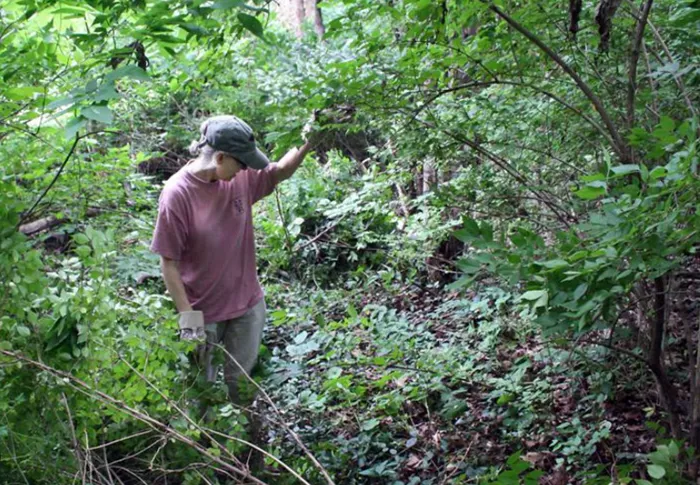Florida Tech, known for its diverse range of academic programs, fosters a global campus community. From aviation to space programs, the university offers students opportunities to engage in cutting-edge fields. For those interested in sustainability and environmental sciences, the school provides unique opportunities to participate in local environmental efforts.
One significant local issue is the health of the Indian River Lagoon (IRL), a 156-mile-long body of water stretching across six counties in central Florida. The lagoon, which spans from Volusia to Palm Beach County, is vital for wildlife, supporting numerous fish, bird, and reptile species. Its mangrove forests also act as a carbon sink, helping to reduce the effects of greenhouse gases.
However, the IRL has been facing environmental challenges for decades, including water quality decline and loss of biodiversity. Overfishing, nutrient overload, poor stormwater management, and harmful algal blooms have all contributed to the lagoon’s deterioration. This eutrophication process, where excessive nutrients cause overgrowth of algae, has led to large fish kills, drawing attention to the urgent need for restoration.
The Surfrider Foundation’s Space Coast chapter is actively working to restore the lagoon. Through initiatives like beach cleanups and dune restoration, they also promote “Ocean Friendly Gardens” (OFG), which encourage the use of native plants to absorb nutrient runoff from urban areas. These gardens help prevent stormwater from flowing directly into the lagoon, acting as retention areas for rainwater.
On November 16, volunteers planted a variety of native species at Ballard Park in Melbourne, including wild tamarind, false mastic, and sand cordgrass. Bill DeLuccia, chair of the OFG campaign, emphasized the long-term benefits of native plants, which not only capture harmful nutrients but also provide habitat for migratory birds and pollinators.
Surfrider’s efforts are supported by the City of Melbourne, with which they have collaborated for over a year to secure permits for the garden. Local actions like these, though small, have a significant impact on environmental health, showing how grassroots efforts can contribute to larger global solutions.
For Florida Tech students, getting involved in these projects offers a chance to broaden their perspective on environmental issues and contribute to solving local challenges, regardless of where they may return after graduation.
Related topics:
- Give Your Plants a Cozy ‘Cup of Tea’ to Keep Them Safe This Winter!
- McCown: The Story of Passalong Plants — A Tradition with Deep Roots
- The Unique Scent of Christmas Trees: A Natural Defense Against Pests and Pathogens


